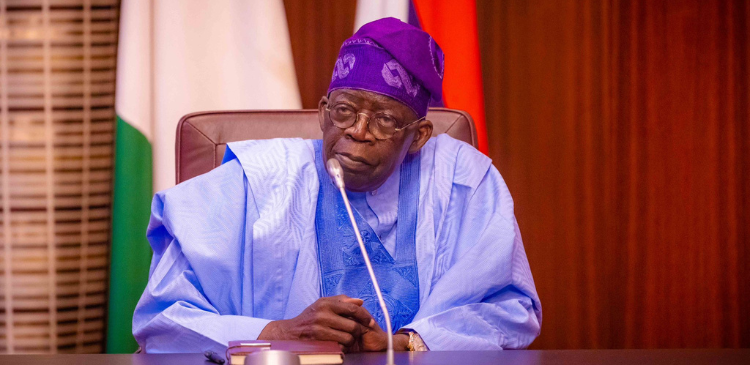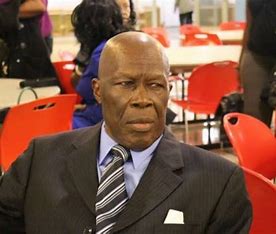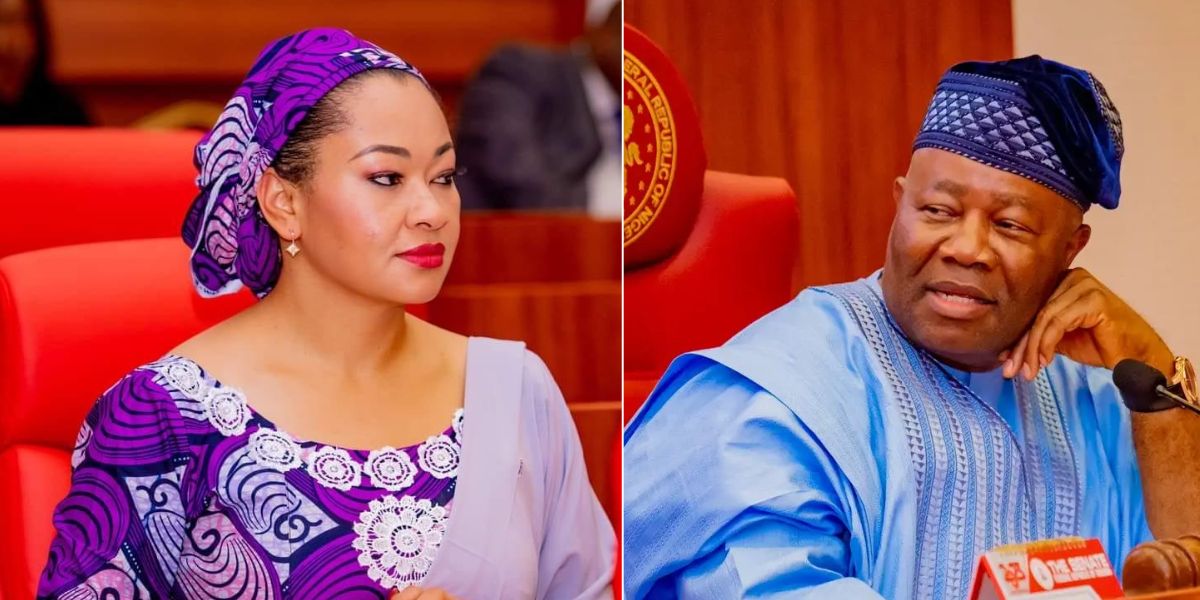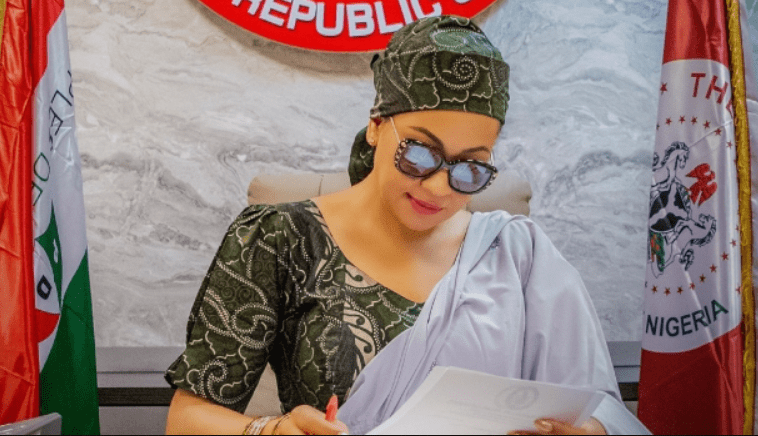President Bola Tinubu has refused to give assent a bill that seeks to raise the retirement age of civil servants working in the national assembly.
The decision of the President is contained in a letter that was read by Senate President Godswill Akpabio on the floor of the upper legislative chamber on Tuesday.
The president however did not offer any specific reasons for turning down the bill which had generated a lot of controversy.
The senate had in February rejected the bill but reconsidered and passed it in concurrence with a similar one passed in the house of representatives.
The bill seeks to increase the retirement age to 65 years or 40 years of service, whichever comes first.
The existing law prescribes 60 years of age or 35 years of service for retirement.
The Letter reads,
“I write in respect of the harmonized retirement age for legislative officers of the national assembly of the federal republic of Nigeria bill passed by the national assembly and forwarded to me for assent “Upon thorough examination and carefully consultation I have decided to withhold my assent to the bill.
“This decision is made in accordance with the powers vested in me by the constitution of the federal republic of Nigeria. I wish to express my sincere appreciation of the diligent work of the senate as regards to the drafting and passage of this bill.
“However, I trust that this decision would be received with understanding and acceptance.”
Tinubu declines assent to Tenure elongation bill for NASS officers




